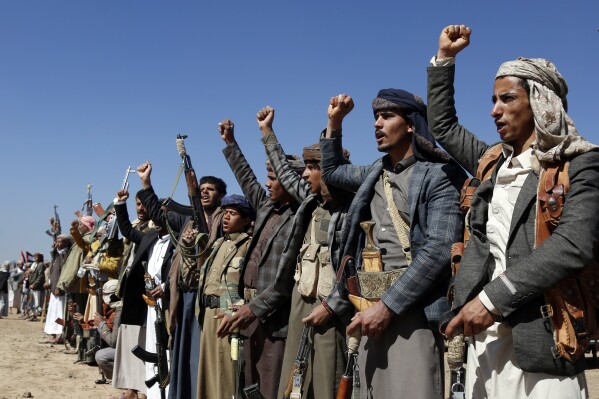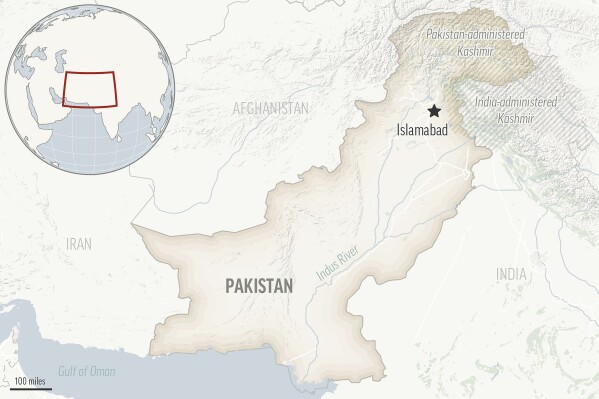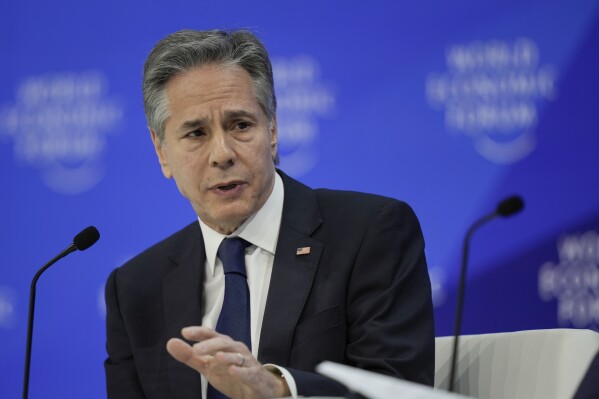Who is Jaish al-Adl, the Sunni group that Iran targeted in an airstrike on Pakistani soil?
ISLAMABAD (AP) — Iran’s airstrike targeting an alleged outlawed separatist group in the Pakistani border province of Baluchistan has jeopardized relations between the two neighbors and potentially raises tensions in a region already roiled by Israel’s war on Hamas in the Gaza Strip.
The South Asian country recalled its ambassador to Iran on Wednesday in protest of the unprecedented attack, though both sides appeared wary of provoking the other. A military response from cash-strapped Pakistan is unlikely because the country’s missile systems are primarily deployed along the eastern border to respond to potential threats from India.
Here is a look at the Sunni group Jaish al-Adl, the target of Tuesday’s airstrike.
WHO IS JAISH AL-ADL?



Jaish al-Adl, or the Army of Justice, surfaced in 2012. It mainly comprises members of the Sunni militant Jundullah group, which was weakened after Iran arrested most of its members.
The anti-Iranian group wants independence for Iran’s eastern Sistan and Pakistan’s southwestern Baluchistan provinces. These goals make it a common target for both governments.
WHY IS JAISH AL-ADL IN BALUCHISTAN?
Its members are from the ethnic Baluch community and live on both sides of the border. Pakistan insists the group has no organized presence in the province or elsewhere but acknowledges that some militants might be hiding in remote areas of Baluchistan, which is the country’s largest province by area and its most sensitive because of a long-running insurgency. Separatists and nationalists complain of discrimination and want a fairer share of their province’s resources and wealth.
WHY IS THE GROUP A SOURCE OF TENSION BETWEEN IRAN AND PAKISTAN?
Iran and nuclear-armed Pakistan have long regarded each other with suspicion over militant attacks.
Attacks on Iranian and Pakistani security forces have been on the rise in recent years and each side has blamed the other for turning a blind eye to the militants. Pakistan says it has shared evidence with Iran about the presence of Baluch separatists in Iran, where they launch cross-border attacks on Pakistani troops.
Pakistan says it has arrested some members of Jaish al-Adl because they were responsible for multiple attacks in Iran. The group often targets Iranian security forces near the Pakistani border and militants enter Pakistan, where authorities have been trying to secure the border and set up more checkpoints.
But Baluch separatists keep targeting Pakistani security forces in the province, which has borders with Afghanistan and Iran. Pakistan says the separatists have Iranian backing.
Disclaimer: The copyright of this article belongs to the original author. Reposting this article is solely for the purpose of information dissemination and does not constitute any investment advice. If there is any infringement, please contact us immediately. We will make corrections or deletions as necessary. Thank you.

